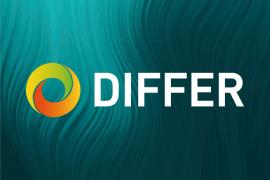Atomic scale simulations provide a computational means to study and understand fundamental processes in plasma - surface interactions. These interactions are quite complex, and unraveling them is a highly non-trivial task. Employing state-of-the-art simulation techniques, we gain insight in how these interactions are coupled, and how we may modify them in order to steer the process.
DIFFER
Events (archive)
